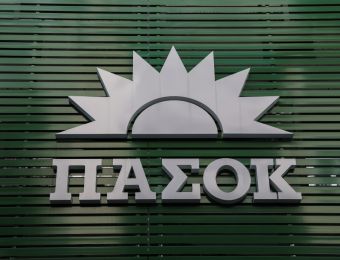Greek Savings Collapse: A Eurobank Study Analysis

Πηγή Φωτογραφίας: Διαδίκτυο//Savings in Greece have seen a dramatic decline since 2002, particularly in private savings by households and businesses, according to a recent Eurobank study titled “Savings in Greece – Why We Don’t Save,” presented on Monday. The study highlights a notable deterioration in the savings rate during the five-year period from 2018 to 2022.
Savings in Greece have seen a dramatic decline since 2002, particularly in private savings by households and businesses, according to a recent Eurobank study titled “Savings in Greece – Why We Don’t Save,” presented on Monday. The study highlights a notable deterioration in the savings rate during the five-year period from 2018 to 2022.
The findings reveal that households with two adults and children exhibit negative savings, averaging -€2,159 annually. In contrast, the average annual savings for the entire population is €1,076.
The study breaks down average annual savings by demographic: – Pensioners: €2,248 – General workers: €410 – Employees: €542 – Self-employed: €63
The self-employed category has the lowest savings rate, almost zero relative to their disposable income, while retirees have the highest savings rate. Savings rates vary significantly across income scales and are negative for 40% of households surveyed.
Several factors contribute to Greece’s low savings levels over the past two decades. Besides the decrease in disposable income, structural features of the Greek economy play a significant role. One such factor is the prevalent culture of parental financial support, which discourages younger generations from saving. Additionally, Greece’s high rate of self-employment, often associated with tax evasion, negatively impacts savings.
A significant burden on Greek households is housing costs, which have become particularly challenging since the financial crisis of the 2010s. In comparison to other Eurozone countries, where the percentage of overburdened households remains around 9%, Greece’s rate has surged to 37%.
Another factor historically affecting savings is Greece’s high income replacement rate provided by its pension system, which has seen changes in recent years. These changes are expected to positively influence household savings in the future.
(Source: Ekathimerini)






























Το σχόλιο σας